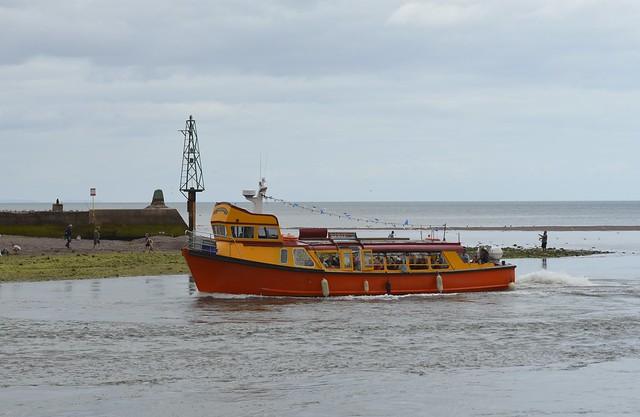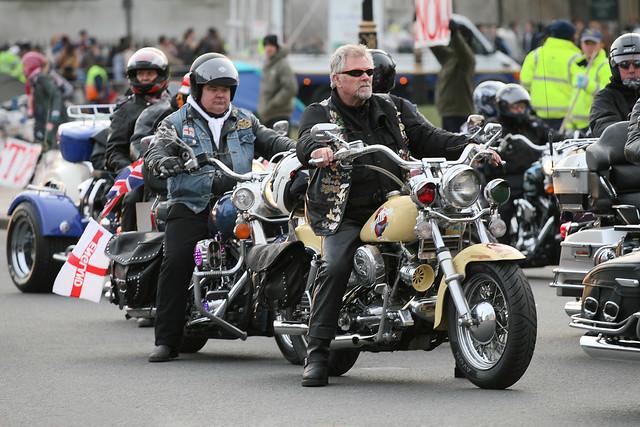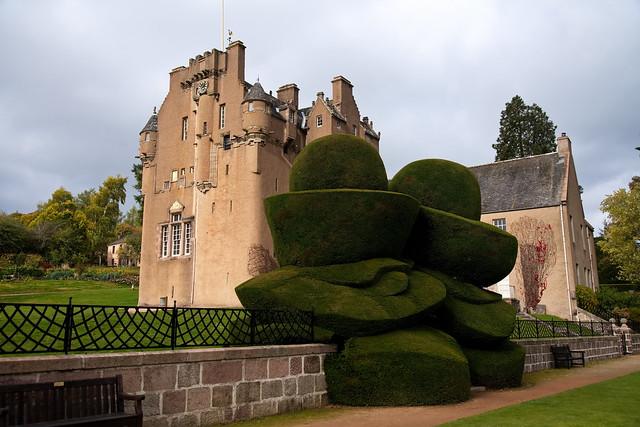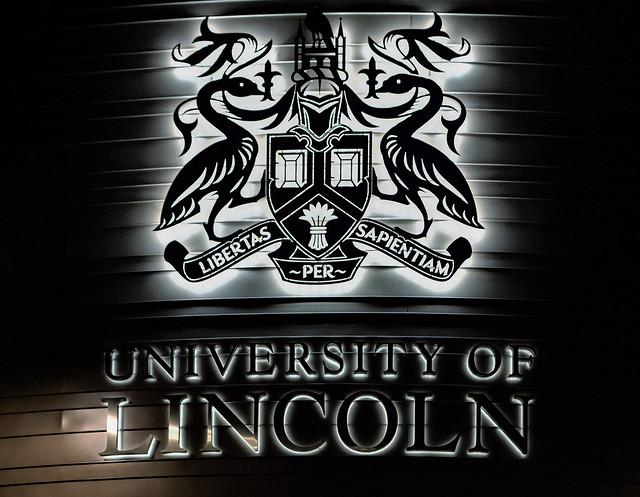Dungannon and South Tyrone Borough Council
Overview
Overview of Dungannon and South Tyrone Borough Council:
Dungannon and South Tyrone, located in Northern Ireland, is an area rich in history and cultural diversity. Known for its scenic landscapes and historical sites, the region offers a unique blend of Celtic and British influences. The area boasts several historic landmarks, such as the Hill of The O’Neill, which offers panoramic views and a deep insight into the region’s past. The area is also known for its vibrant local arts scene and hosts various cultural festivals throughout the year, celebrating everything from music to local crafts, making it a lively destination for young travelers.
High Season for Tourism:
The high season for visiting Dungannon and South Tyrone is during the late spring and summer months, from May to August. During this period, the weather is typically milder and more conducive to exploring the outdoors. Visitors can enjoy a range of activities such as hiking in Peatlands Park, fishing in the Blackwater River, or golfing at one of the local courses. Summer festivals such as the Dungannon Music Festival add to the area's charm, offering live performances and cultural exhibits that showcase the rich heritage of the region.
Preparation for Travelers:
Before visiting Dungannon and South Tyrone, travelers should prepare for a variety of weather conditions, especially if visiting in the transitional seasons of spring and autumn. Packing a raincoat and layers is advisable due to the frequently changing weather. Additionally, researching local events and festivals in advance will help in planning your visit to coincide with specific attractions. It's also a good idea to carry some British Pounds (GBP), the local currency, for small purchases and rural areas where digital payments might not always be available. Lastly, ensure that you have any necessary travel adapters for electronic devices, as the UK uses Type G electrical plugs.
How It Becomes to This
History not available
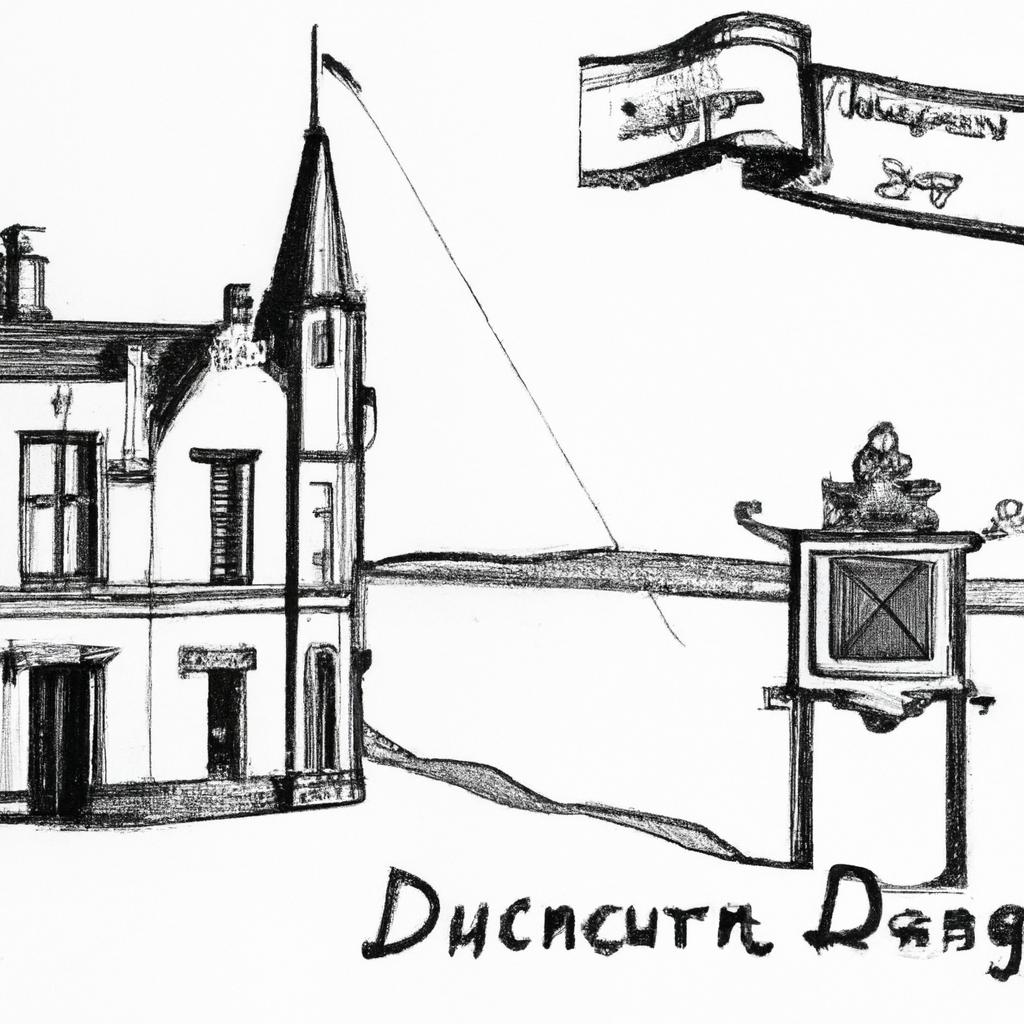
You May Like
Explore other interesting states in United Kingdom



